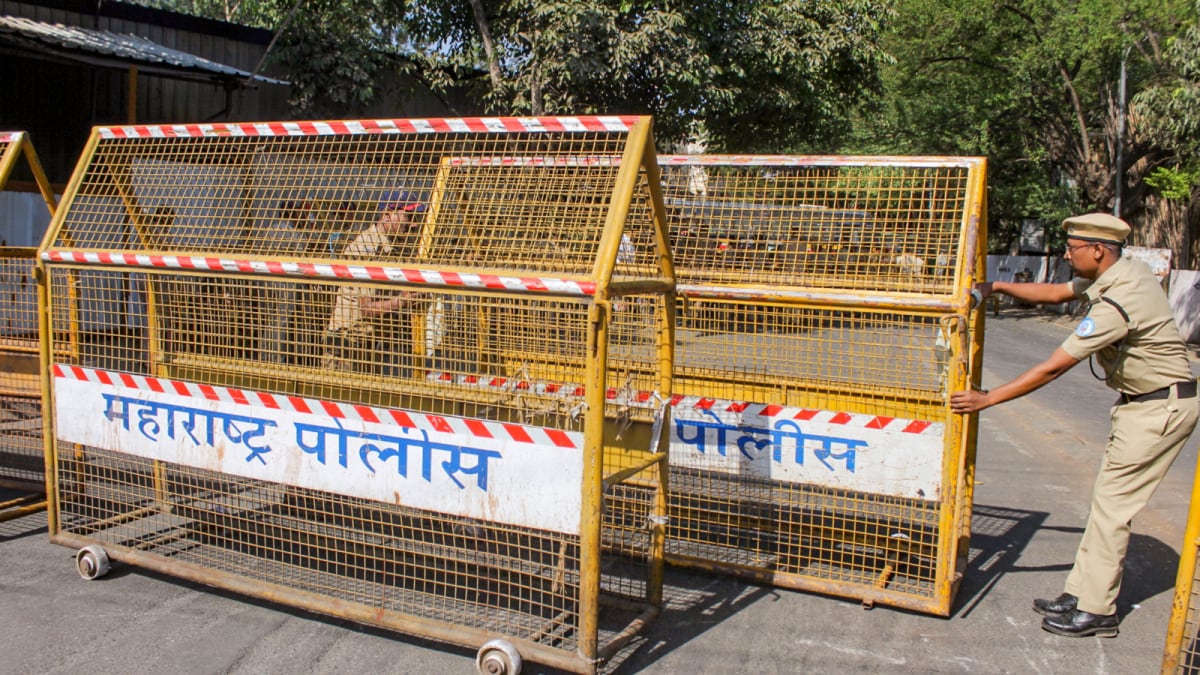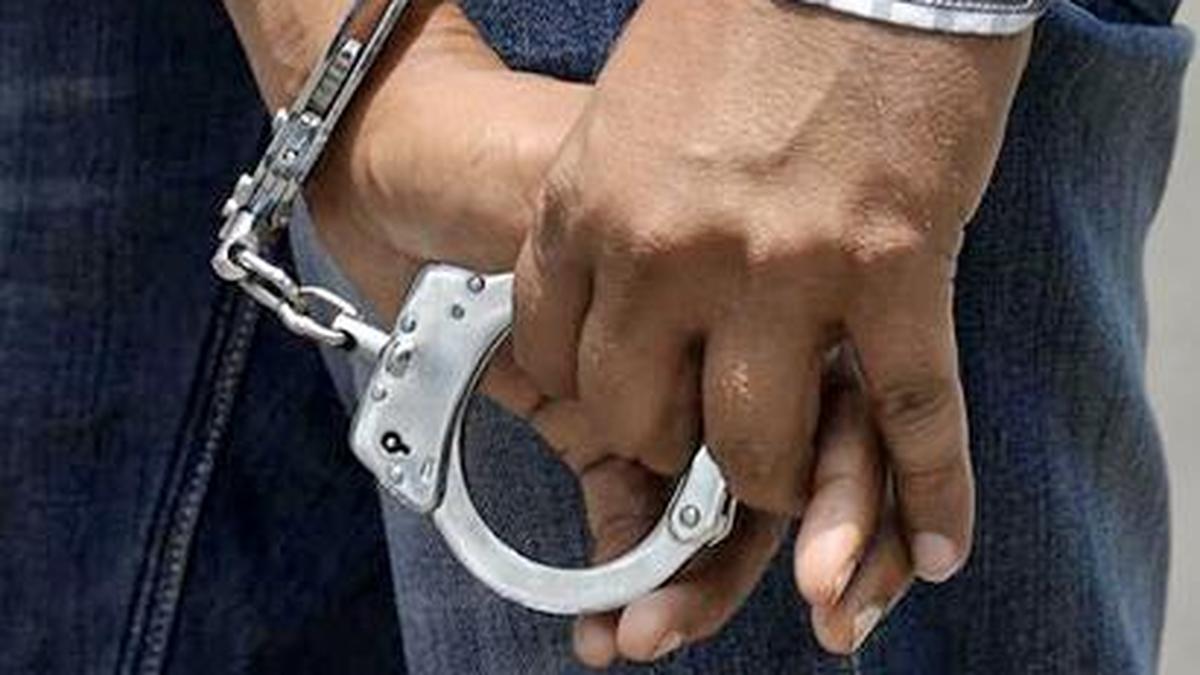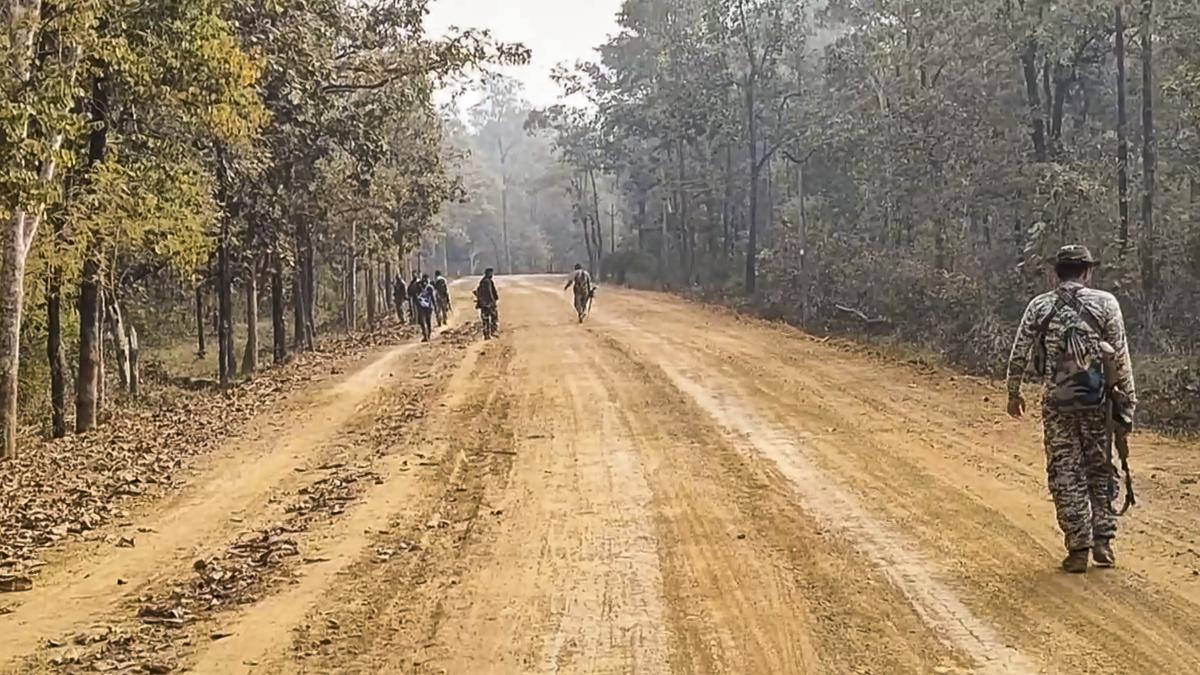ARTICLE AD BOX
 India's Permanent Representative to the UN Parvathaneni Harish speaks at the Open Debate on the occasion of the United Nations Day. (Photo: X/@IndiaUNNewYork)
India's Permanent Representative to the UN Parvathaneni Harish speaks at the Open Debate on the occasion of the United Nations Day. (Photo: X/@IndiaUNNewYork)
India on Friday called upon Pakistan to put an end to the “grave and ongoing human rights violations” in areas within the Union territory of Jammu and Kashmir, which have been “illegally occupied” by it. Speaking at the United Nations (UN) Security Council Open Debate on ‘The United Nations Organization: Looking into the Future,’ India’s Permanent Representative to the UN Parvathaneni Harish asserted, “Let me emphasize that the Union Territory of Jammu and Kashmir has been, is, and will always be an integral and inalienable part of India. The people of Jammu and Kashmir exercise their fundamental rights in accordance with India’s time-tested democratic traditions and constitutional framework.”
Harish also slammed the neighbouring country’s military occupation and brutality imposed upon people in these “illegally occupied” regions of Kashmir. “We of course know that these are concepts alien to Pakistan. We call upon Pakistan to end the grave and ongoing human rights violations in the areas illegally occupied by it, where the population is in open revolt against Pakistan’s military occupation, repression, brutality and illegal exploitation of resources,” Harish told the UNSC.
India’s comments come just weeks after it condemned Pakistan for engaging in “systematic genocide” and relying on “misdirection and hyperbole” to divert global attention from its actions.
‘UN has lost its unique identity and foundational focus’
India, speaking at the UNSC debate on the multilateral organization, underlined that the universal body had lost its unique identity as well as its foundational focus, as it pushed for better cooperation that transcends the “competitive aspects of international politics.”
“… the High Level Week of the General Assembly last month essentially was an inward-looking exercise – how to deal with shrinking resources and bureaucratic restructuring. The time has come to go beyond pennies and posts and craft a new vision for the future of the UN,” Harish emphasized.
Here are the top points from India’s statement at UNSC debate:
🔴 Calling out the UN for its “outdated” Security Council “architecture that mirrors geopolitical realities of 1945 is not equipped to handle the challenges of 2025, the Indian envoy pushed for an “immediate and fundamental overhaul.”
Story continues below this ad
“Postponing it indefinitely playing on procedure and process does immense disservice to our citizens, especially in the Global South,” he asserted.
🔴 India also called for democratic infrastructure and processes to meet the needs of the Global South, which represents an “overwhelming proportion of humanity and has its unique set of challenges.”
Harish highlighted, “Global decision-making structures need to be more democratic and inclusive so as to respond effectively to the needs of the Global South.”
🔴 Underlining the challenges faced by UN peacekeepers, the envoy called for practical mandates based on inputs from Troop Contributing Countries, including resource strengthening, infusion of technology, and capacity-building.
Story continues below this ad
India remains one of the biggest contributors of troops over the years. Since the 1950s, India has contributed over 290,000 peacekeepers across more than 50 UN Peacekeeping missions, Jaishankar said early this year. As of February 2025, more than 5,000 Indian peacekeepers are currently deployed in nine of the 11 active peacekeeping missions.
🔴 India also emphasized the significance of the UN General Assembly, saying that its scope and potential needs to be “fully leveraged, as in the past”. “The GA needs to be revitalized in order to make it more effective and purposeful. It needs to have greater cooperation and coordination with other UN organs, particularly the Security Council,” Harish remarked.
🔴 The Indian representative also urged member states to “rise beyond their narrow political considerations and realise that the UN is not a theatre for divisive politics and parochial purposes”. “In a world fractured and fragmented along multiple fault lines, the United Nations, as the largest multilateral body, is the only vehicle that we possess to harness our collective energies for global public good. Let us not weaken it deliberately or allow it to wither, but nurture it purposefully and harvest its fruits for the good of humanity,” Harish concluded his recommendations at the UN.










 English (US) ·
English (US) ·